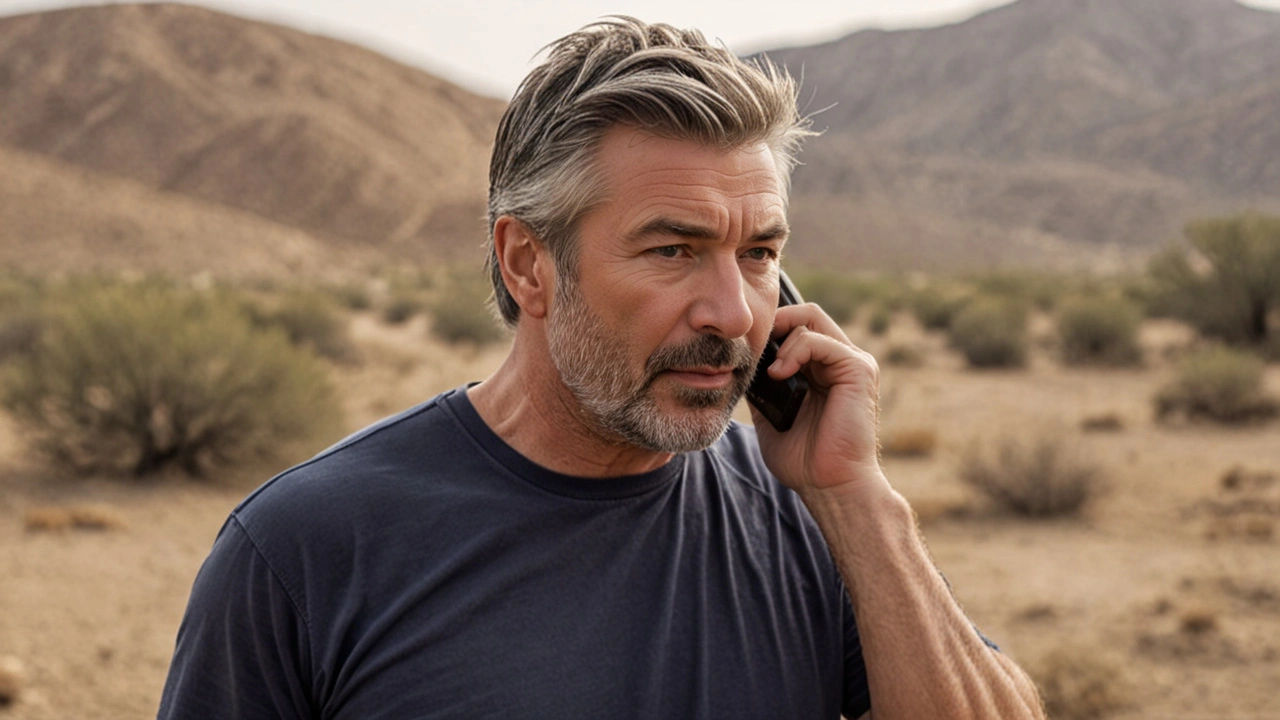Involuntary Manslaughter: What It Means and What Comes Next
Involuntary manslaughter covers cases where someone causes another person’s death without intent to kill. It usually involves reckless acts or criminal negligence — for example, a drunk driver who kills a pedestrian or a careless workplace act that leads to a fatal accident. The key idea: no plan to kill, but actions were dangerous enough that the law treats them as criminal.
How involuntary manslaughter differs from murder
Murder requires intent or extreme recklessness that shows a conscious desire to cause death. Involuntary manslaughter lacks that intent. Instead, most charges rest on negligence or an unlawful act that unintentionally caused death. Think of the difference like this: murder is a deliberate strike; involuntary manslaughter is a serious mistake with deadly results.
There are two common legal types. One is unlawful-act manslaughter: you commit a minor crime (say, assault) and someone dies because of it. The other is criminally negligent manslaughter: you fail to act with basic care, and that failure leads to death. Courts look at duty of care, breach of that duty, causation, and whether the death was a foreseeable outcome.
If you're accused or involved
If you find yourself accused, your immediate moves matter. Call a lawyer before talking to police. Preserve any evidence: photos, messages, vehicle data, or work logs. Get witness names and medical records. An early expert — like an accident reconstructionist or medical professional — can change how the case looks.
Defences vary. You might show there was no causal link between your actions and the death, that you acted reasonably under the circumstances, or that another party’s conduct was the main cause. Plea deals are common, so a lawyer can explain whether negotiating a lesser charge makes sense based on the facts and local law.
Penalties depend on the country and seriousness of negligence. Sentences range from probation and fines to several years in prison. Judges weigh factors such as prior record, degree of carelessness, and whether the act was part of a pattern of risky behaviour.
Want to lower the chance of this happening? Follow safety rules, don’t mix drugs or alcohol with driving, keep workplaces compliant with safety standards, and report dangerous gaps you see. If an accident happens, document it and seek legal advice quickly — prompt action helps protect you and the people involved.
Facing an involuntary manslaughter charge is stressful. Clear, fast steps — get legal help, secure evidence, and avoid self-incrimination — give you the best chance to handle the situation wisely. If you want, I can outline typical defence strategies or list questions to ask a lawyer in your area.
